1584 Died: William I of Orange, founding father of the Netherlands (b. 1533)
William the Silent (24 April 1533 – 10 July 1584), also known as William the Taciturn (translated from Dutch: Willem de Zwijger), or William of Orange (Dutch: Willem van Oranje), was the main leader of the Dutch Revolt against the Spanish Habsburgs that set off the Eighty Years' War (1568–1648) and resulted in the formal independence of the United Provinces in 1581. Born into the House of Nassau, he became Prince of Orange in 1544 and is thereby the founder of the Orange-Nassau branch and the ancestor of the monarchy of the Netherlands. In the Netherlands, he is also known as Father of the Fatherland (Pater Patriae) (Dutch: Vader des Vaderlands).
A wealthy nobleman, William originally served the Habsburgs as a member of the court of Margaret of Parma, governor of the Spanish Netherlands. Unhappy with the centralisation of political power away from the local estates and with the Spanish persecution of Dutch Protestants, William joined the Dutch uprising and turned against his former masters. The most influential and politically capable of the rebels, he led the Dutch to several successes in the fight against the Spanish. Declared an outlaw by the Spanish king in 1580, he was assassinated by Balthasar Gérard (also written as "Gerardts") in Delft in 1584.
Dutch FDC and stamp from Curacao depicting William I of Orange
1850 – U.S. President Millard Fillmore is sworn in, a day after becoming President upon Zachary Taylor's death.
Millard Fillmore (January 7, 1800 – March 8, 1874) was the 13th president of the United States (1850–1853), and the last to be a member of the Whig Party while in the White House. A former U.S. Representative from New York, Fillmore was elected the nation's 12th vice president in 1848, and succeeded to the presidency in July 1850 upon the death of President Zachary Taylor. He was instrumental in getting the Compromise of 1850 passed, a bargain that led to a brief truce in the battle over slavery. He failed to win the Whig nomination for president in 1852; he gained the endorsement of the nativist Know Nothing Party four years later, and finished third in that election
A stamp and a First Day Cover from the US depicting Millard Fillmore
1856 Born: Nikola Tesla, Serbian-American physicist and engineer (d. 1943)
Nikola Tesla (10 July 1856 – 7 January 1943) was a Serbian-American inventor, electrical engineer, mechanical engineer, and futurist who is best known for his contributions to the design of the modern alternating current (AC) electricity supply system.
Born and raised in the Austrian Empire, Tesla received an advanced education in engineering and physics in the 1870s and gained practical experience in the early 1880s working in telephony and at Continental Edison in the new electric power industry. He emigrated in 1884 to the United States, where he would become a naturalized citizen. He worked for a short time at the Edison Machine Works in New York City before he struck out on his own. With the help of partners to finance and market his ideas, Tesla set up laboratories and companies in New York to develop a range of electrical and mechanical devices. His alternating current (AC) induction motor and related polyphase AC patents, licensed by Westinghouse Electric in 1888, earned him a considerable amount of money and became the cornerstone of the polyphase system which that company would eventually market.
Here are some stamps from Yugoslavia, Moldova, Serbia, Serbia and Montenegro, and India depicting Nikola Tesla
1895 Born: Carl Orff, German composer and educator (d. 1982)
Carl Orff (10 July 1895 – 29 March 1982) was a German composer and music educator, best known for his cantata Carmina Burana (1937). The concepts of his Schulwerk were influential for children's music education.
Below is a stamp from Germany issued in 1995 to celebrate the fact that Carl Orff was born a hundred years earlier

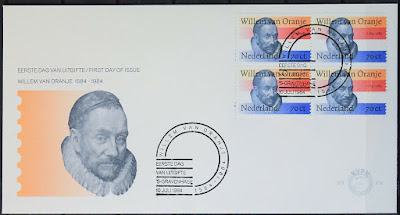
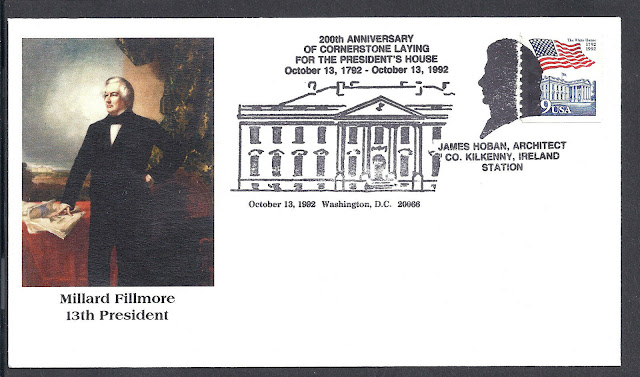
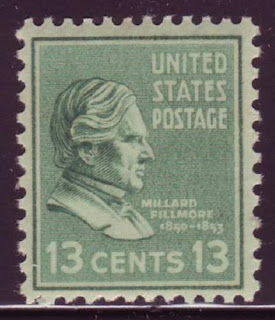



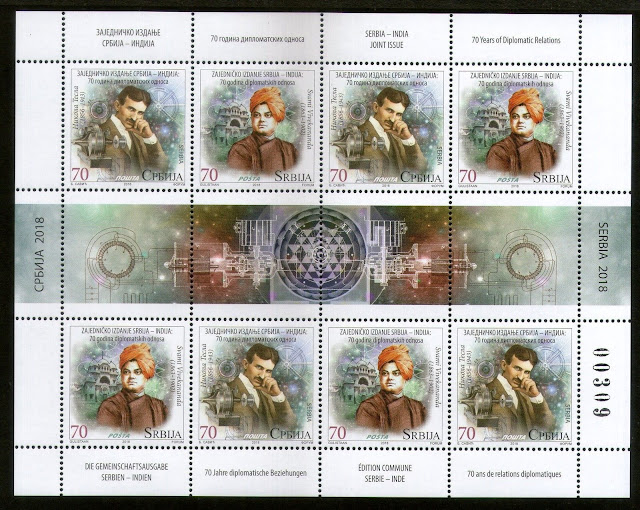
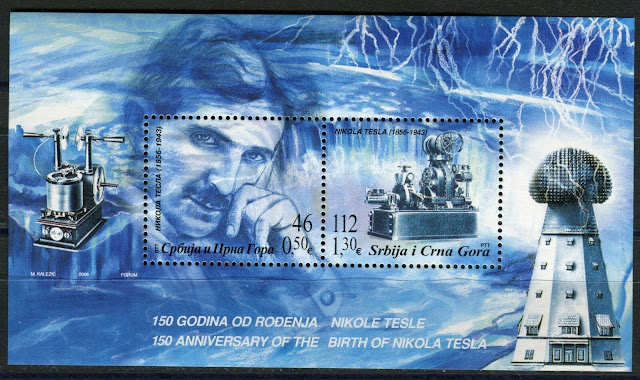


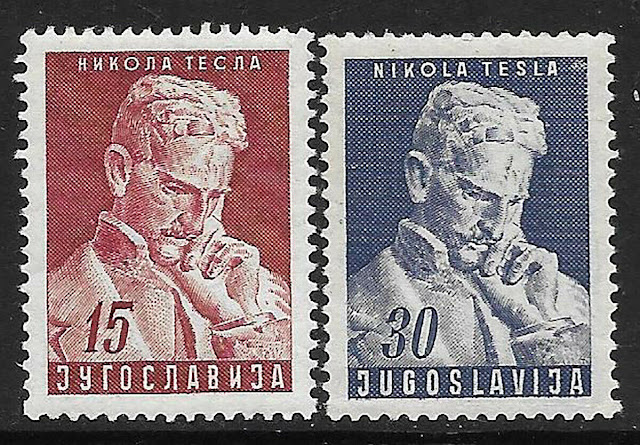

No comments:
Post a Comment